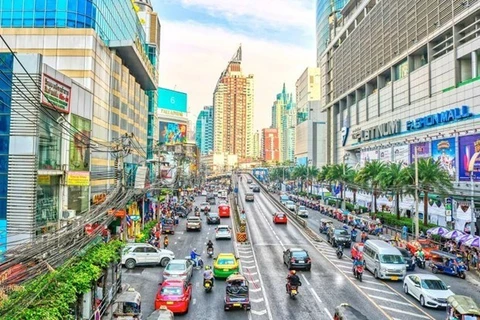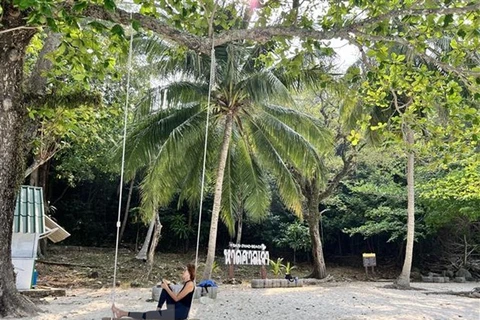Deputy Commerce Minister Napintorn Srisunpang disclosed the ministry’s strategy to achieve this. They plan to promote various community products, geographical indication products, and franchises.
Napintorn stated the ministry will also host exhibitions and business-matching events, creating a platform for officials from neighbouring nations and foreign trade associations to discuss trade barrier reduction strategies.
He said that border trade promotion activities are slated to start first in major border trade areas such as Chiang Rai, Mae Sot in Tak , Sadao-Padang Besar in Songkhla, Nong Khai, Surin and Buriram.
Despite economic challenges in neighbouring countries like Myanmar, Laos, and Cambodia, the ministry remains optimistic. Napintorn expressed belief in the popularity of Thai consumer goods in these countries due to their quality and reasonable prices. He noted that Thailand will also promote cross-border trade with China.
The growth of small and medium-sized enterprises (SMEs) and boosting their export capabilities have been identified as crucial areas. Out of approximately two million registered companies in Thailand, only 900,000 are active.
SME export income decreased by 6% over the past year. Contrasting the contribution of SMEs in developed countries, which is 40 to 50% of GDP, with that of Thai SMEs, which is only 34%.
The ministry aims to increase SME export income so that SME contributions to GDP reach 35.2%.

Thailand strives to become upper-income country by 2027
The government will turn Thailand into an upper-income nation within four years, Prime Minister Srettha Thavisin said on October 2.






















